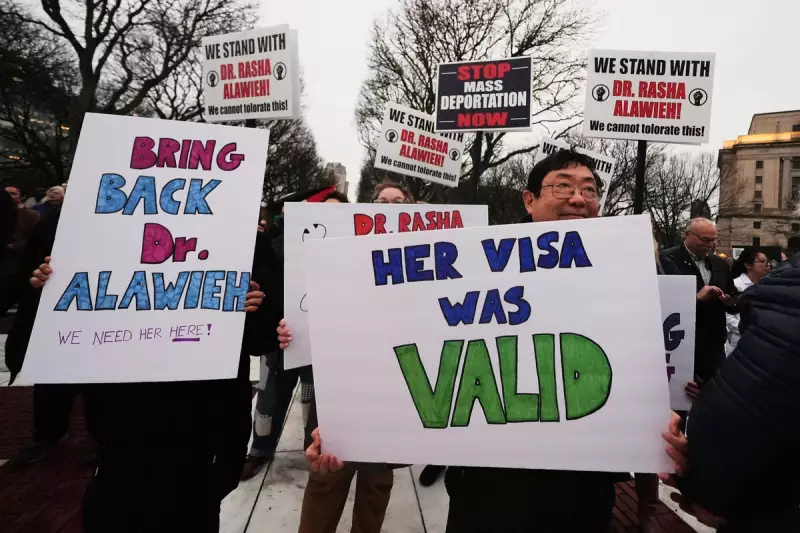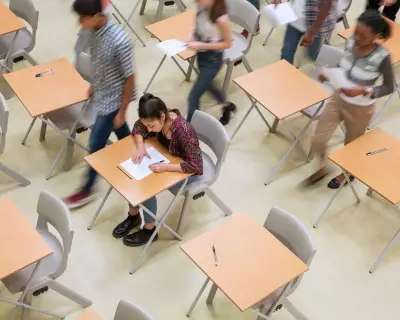
Brown University's campus has become the latest battleground in the escalating conflict over campus antisemitism, as President Christina Paxson faced a congressional grilling while protesters gathered outside her office.
Congressional Showdown in Washington
The prestigious Ivy League institution found itself at the centre of a political storm as President Paxson testified before the House Committee on Education and the Workforce in Boston. The hearing, which also included presidents from Northwestern and Rutgers universities, focused intensely on allegations of rising antisemitism on campus since the October 7 attacks.
Committee members delivered scathing criticism, accusing university leaders of failing to protect Jewish students and allowing hostile environments to flourish. The tension was palpable as lawmakers demanded concrete actions rather than carefully worded statements.
Simmering Tensions on Campus
Back in Providence, the controversy reached boiling point as approximately 20 pro-Palestinian protesters established an encampment outside University Hall. The demonstration, organised by the Brown University Apartheid Divest coalition, represents the latest escalation in campus activism.
Protesters are demanding that the university completely divest from "companies that facilitate the Israeli occupation of Palestine and genocide in Gaza." The situation reflects a growing pattern of campus unrest affecting universities across the United States.
Leadership Under Fire
President Paxson's testimony revealed the immense pressure facing university leaders as they navigate the complex intersection of free speech, student safety, and political tensions. She outlined Brown's efforts to address antisemitism while maintaining academic freedom, but lawmakers remained unconvinced.
The congressional hearing represents a significant moment of accountability for higher education institutions, with potential implications for federal funding and oversight. The outcome could set precedents for how universities nationwide handle similar challenges.
Broader Implications for Higher Education
This confrontation at Brown University is part of a wider national conversation about the role of universities in political conflicts and their responsibility to protect all students. The situation highlights the difficult balance institutions must strike between encouraging open debate and ensuring campus safety.
As the protests continue and congressional scrutiny intensifies, all eyes remain on how one of America's most prestigious universities will navigate this crisis and what it might mean for the future of campus politics nationwide.





